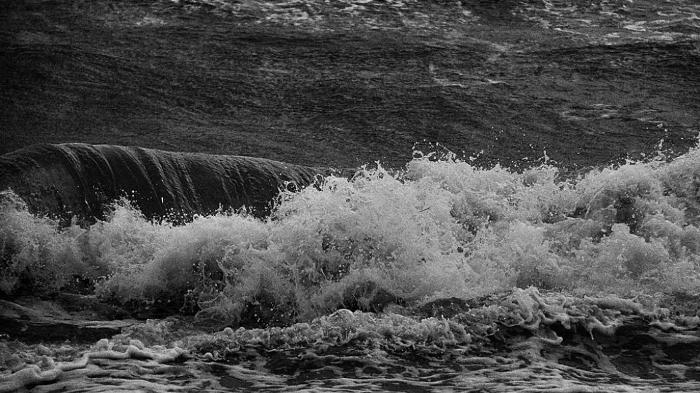A report from a joint initiative by the World Wide Fund for Nature – South Africa (WWF-SA) and the Boston Consulting Group (BCG) said that trends in water use showed water deficit in South Africa would reach 17% by 2030.
Also read: South Africa’s Cape Town to experience further water restriction
By then‚ demand for water was expected to have grown from 15Bn cubic metres to 18Bn cubic metres
In an effort to avoid the eventuality of wars over water as predicted by former World Bank vice-president Ismail Serageldin, the report has been compiled with an aim to shield South Africa-should the conflicts surface.
Among the steps suggested in the report are water-use compliance and disclosure reporting requirements for JSE-listed companies; equipping communities with the skills to fix leaks; strictly enforced punitive action for abuse of water; incentives for the private sector to save water and converting the plant biomass into a commercial product.
WWF’s senior manager for fresh water‚ Christine Colvin‚ said the worst drought for 20 years had taught South Africa some harsh lessons and stresses that taking action now would serve to prepare them better for any outcome.
Delegates at the Future of Water workshop in January imagined four scenarios: Ample water across the country but excessive waste due to decaying infrastructure‚ and a depressed socio-economic environment; adequate water and a booming economy leading to growing demand and high economic growth but water scarcity due to drought and pollution; and – Severe drought coupled with recession.
The discussion saw the formulation of four main goals: becoming a water-conscious country; implementing strong water governance; managing water supply and demand; and becoming “water smart” by commercializing low-water technologies for industry and agriculture.
Among other ideas suggested by delegates were the separation of water supply depending on the quality needed for different purposes‚ and incentives for businesses to recycle and reuse water.

